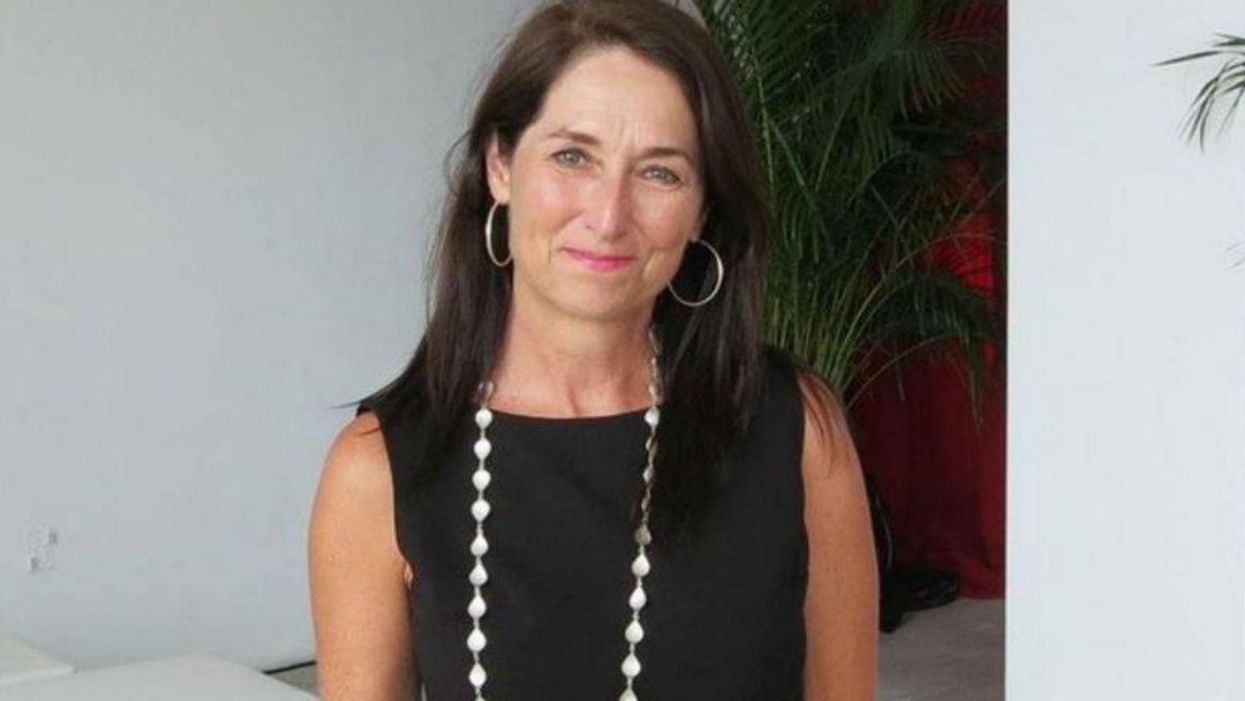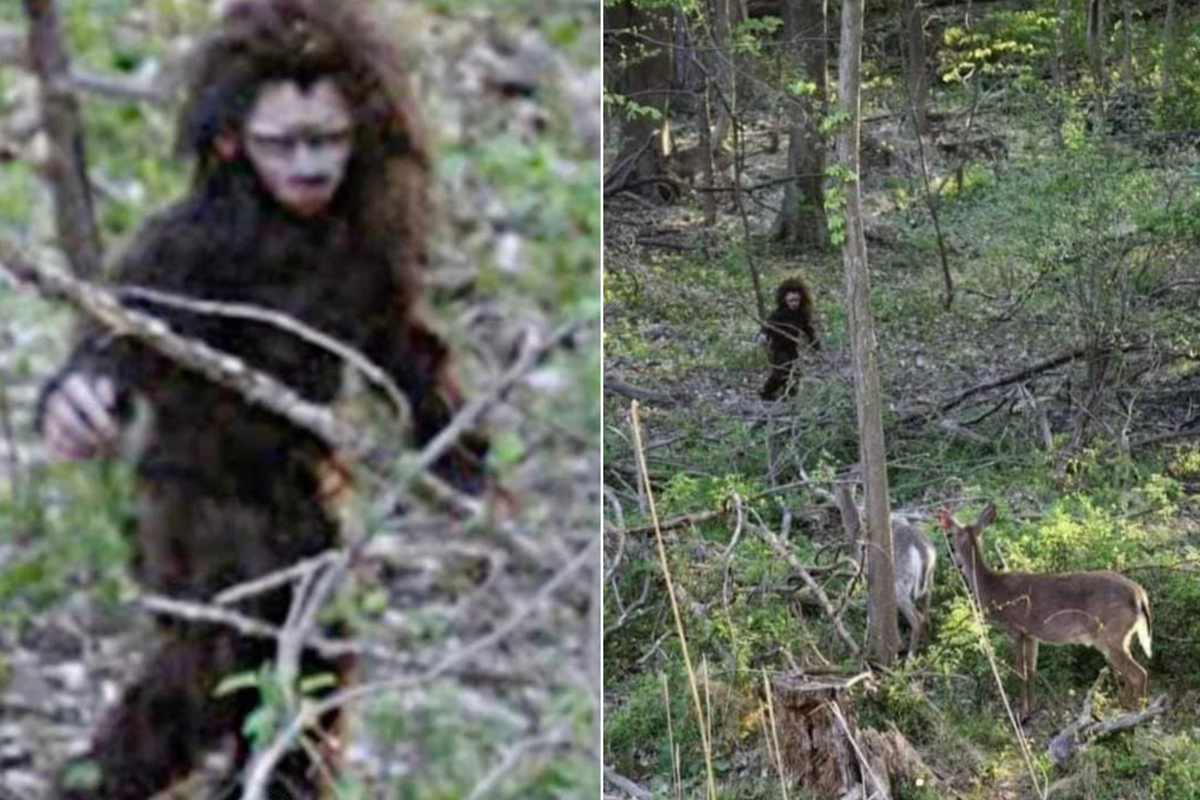Celebrities
Narjas Zatat
Apr 22, 2016

Warning: Some people may find details of this interview distressing
After twenty years of living with the trauma, Joanna Connors decided to track down her rapist.
Now 62, Joanna chose to investigate the life of her attacker after visiting the same university campus where she was raped, for an open day with her daughter.
indy100 talked to her about the process:
What happened that night?
I was working and had an appointment to interview a playwright in a theatre on a university campus. When I went into the building everyone working on the play were gone.
A young man standing in the lobby told me they’d be back soon, and offered to show me the lighting he was working on. When we went into the theatre, he grabbed me, put a knife to my throat and cut me, and dragged me behind a scrim, where he raped me for more than an hour.
How did the attack affect you?
The attack changed me from a confident, very adventurous young woman into a fearful, almost agoraphobic person
I was a smothering mother, and very unhappy within my fear.
When you testified against the attacker, what did you know about him?
[I knew] his name, that he had grown up in Boston, and that he had been on parole from a state prison for just a week before he raped me.
When you told your family that you wanted to track your attacker down, how did they react?
My husband, now my ex-husband, did not want me to do it. He was being protective, but we had never really talked about the rape after the trial was over, and I think he was afraid of dredging it all up again.
My children, who were in college, supported me.
Joanna later found out that the man who raped her had died in prison years earlier, but she still wanted to track down his family members.
Can you talk me through the search process, and what you did in the year it took you to track him down?
I started by getting all the documents from the case from the prosecutor, and getting and reading police records and the trial transcript.
Those gave me names of people to look for, and I took the names and did searches online and went to Boston to dig through actual birth, marriage and death certificates.
When I had the names of his siblings and their birth dates, I was able to look for possible addresses.
I found several in Boston for an older sister, and because we were by then dealing with unlisted cell phone numbers, I went there to knock on doors. Miraculously, I found her, and she gave me ways to contact the other sister.
The brother was in prison, and I went through the long process it takes here in the US to arrange an interview with an inmate.
Then I used the records to track down the rapist’s other victims.
When you found two of his sisters and his brother, how did they react to you? How did you feel?
They wanted to tell their stories, which were in many ways the story of the two Americas – the America of privilege, where I grew up, and the America of poverty and grave disadvantages, where they lived.
It was shocking and disheartening to me, and I felt guilty that I had not really known about it.
You speak of a 'culture of shame' that I think is incredibly prevalent, and is brought about by victim-blaming. What are your thoughts about this?
It’s time to end the silence that is so common among survivors, the feeling that this is something we shouldn't talk about because it’s too hard for other people to hear.
And we do that by talking about it, and writing about it, and listening, really listening, when other survivors tell their stories.
It’s already happening, especially among young feminists and college students, and I really hope and believe that it is something that will grow and eventually overcome the silence and shame.
Joanna, a journalist based in Cleveland, Ohio, wrote about her experience in her book I will find you and her story helps to remove the taboo related to acknowledging, and talking about rape.
More: Twenty-two signs that we live in a rape culture
More: This woman's powerful 'toolkit for rape recovery' is helping other survivors
Top 100
The Conversation (0)













